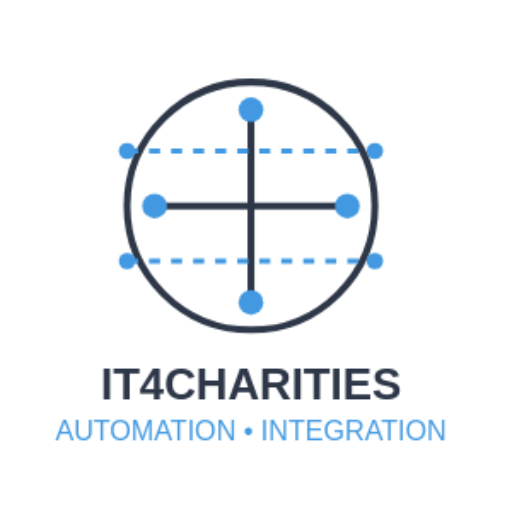Why Data Matters More Than Ever for Charities
We rely on data every day—tracking donations, managing volunteers, measuring impact—but many struggle with disorganized spreadsheets, outdated records, and inefficient systems. Without strong data management, important insights can be lost, donor trust can erode, and reporting can become a time-consuming burden.
By mastering data management, we can:
✅ Make smarter, evidence-based decisions
✅ Streamline operations and reduce admin work
✅ Build stronger donor and beneficiary relationships
Let’s explore how we can better manage our data to unlock these benefits.
1. The Foundations of Good Data Governance
Managing charity data effectively starts with a solid governance framework. Here’s what that means in practice:
- Confidentiality & Privacy: Protect donor and beneficiary information by following GDPR and other regulations, ensuring compliance and trust.
- Data Integrity: Keep records accurate by regularly updating and validating data to avoid outdated or duplicate information.
- Controlled Access: Implement role-based permissions so only authorized staff can view or edit sensitive data.
💡 Example: A charity fundraising team uses a CRM with permission settings, ensuring only finance staff can access donor payment details while program managers see engagement history.
2. Choosing the Right Digital Tools for Data Management
The right technology can turn chaotic data into a strategic asset. Charities should consider:
- CRM Systems (e.g., Salesforce Nonprofit Cloud, Blackbaud) to manage donor and volunteer records.
- Data Analytics Tools (e.g., Power BI, Google Data Studio) for real-time insights into fundraising trends.
- Automation Software (e.g., Make.com, Zapier) to eliminate manual data entry and sync information across platforms.
💡 Example: A homelessness charity uses Power BI to track shelter occupancy rates and trends, helping them allocate resources more effectively.
3. Creating a Culture of Continuous Improvement
Even the best data systems need regular maintenance and adaptation. To ensure long-term success:
- Regular Audits: Review data for inaccuracies, outdated records, and security risks.
- Ongoing Staff Training: Equip staff with the knowledge to use digital tools effectively and stay updated on best practices.
- Data-Driven Decision Making: Foster a mindset where data isn’t just collected—it’s actively used to inform strategy.
💡 Example: A mental health charity reviews its donor retention data quarterly, using insights to improve engagement campaigns and reduce donor churn.
Final Thoughts: Take the First Step
Charities that take data management seriously gain a significant advantage—not just in compliance, but in efficiency, fundraising, and impact reporting.
Want to improve your charity’s data strategy?

